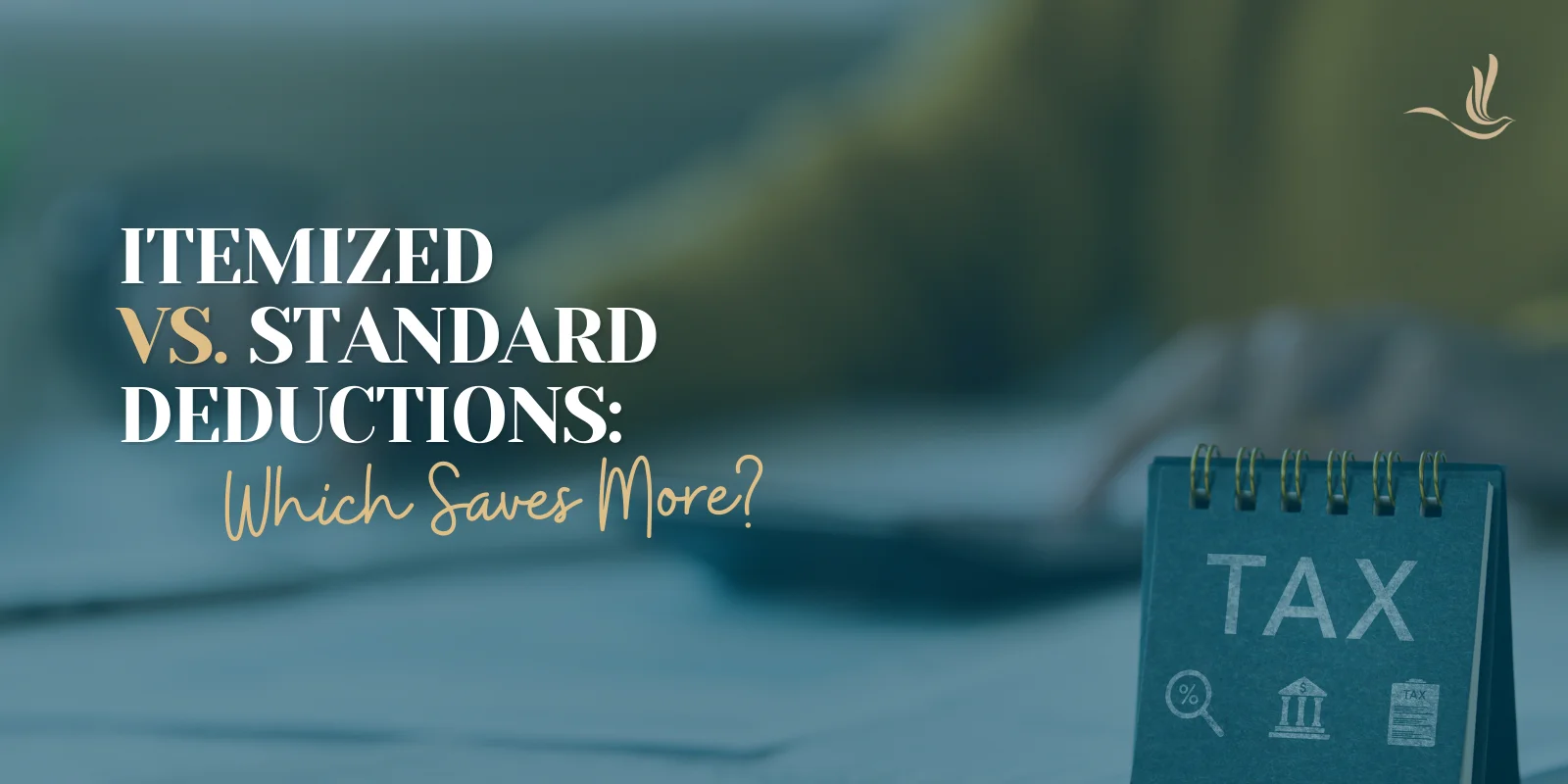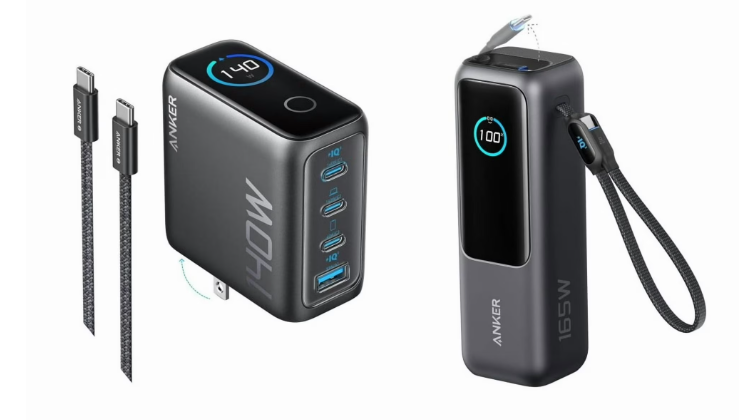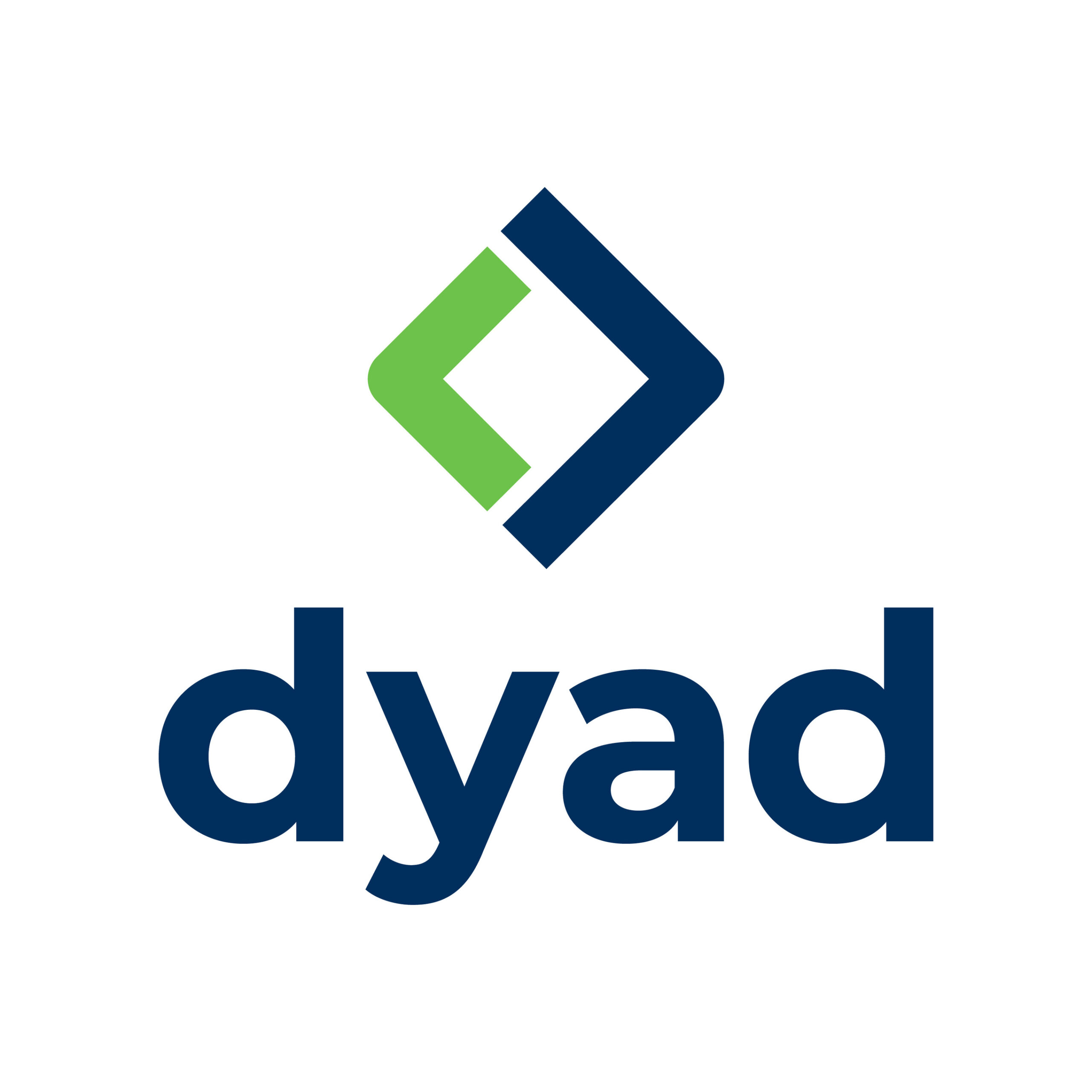How Much Does Income Protection Cost?
The cost of income protection can vary from person to person because it’s tailored to your unique situation. Providers look at several factors to calculate your premium, including your age, overall health, and what kind of work you do.
The more income you want to protect and the sooner you want payments to start if you make a claim, the higher the cost may be. Here’s what affects the price:
- Your age
- Health and medical history
- Occupation (some jobs are riskier than others)
- How much of your income you want to protect
- Your deferred period (the waiting time before payments start)
What Is a Deferred Period?
A deferred period is the waiting time between when you become unable to work and when your income protection payments begin. It’s a key part of your policy, and it affects how much you’ll pay for cover.
The longer the deferred period you choose, the lower your monthly premium will be — but it also means waiting longer before you start receiving payments. It’s important to pick a period that matches your financial cushion or savings. Standard deferred period options include:
- 4 weeks
- 8 weeks
- 13 weeks
- 26 weeks
- 52 weeks
If you have a financial buffer (e.g. savings), a longer deferred period might suit you. If you need money quicker, a shorter one is better (but costs more).
Can Self-Employed People Claim Tax Back on Income Protection?
Yes! If you’re self-employed and take out a personal income protection policy, you can claim tax relief at your marginal rate (up to 40%) on your premiums. That makes it even more affordable and a wise financial decision.
How Much Income Protection Do You Need?
How much income protection you need depends on your lifestyle and monthly expenses.
Ask yourself: What are your essential bills each month — like rent or mortgage, groceries, utilities, and loan repayments? Do you have dependents relying on your income?
You can protect up to 75% of your annual income, up to a maximum of €262,500 per year.
Does Income Protection Cover Mental Health?
Yes, most income protection policies cover mental health conditions.
Mental illness is now one of the top reasons people claim income protection. According to the Aviva Protection Claims Report 2024, 30% of all income protection claims were for psychological reasons, ahead of orthopaedic issues (24%) and cancer (20%). The report also showed that 33% of women claimed mental health-related conditions, compared to 27% of men.
Some providers, like Aviva, also offer mental health support, including counselling at no extra cost as part of their policy benefits.
Executive Income Protection vs. Self-Employed Income Protection: What’s the Difference?
If you’re self-employed or running your own company in Ireland, it’s important to pick the right type of income protection, and it depends on how your income is structured.
Personal Income Protection
Personal Income Protection is designed for sole traders or self-employed individuals who do not receive a salary, as employees typically do.
Key features:
- The policy is taken out in your own name.
- Premiums are paid personally (not through a company).
- You can claim tax relief at your marginal rate (up to 40%) on your premiums.
- If you need to claim, the benefit is paid directly to you, after tax and USC.
- Ideal for people who don’t run their business through a company or pay themselves a PAYE salary.
Executive Income Protection
Executive Income Protection is designed for company directors or business owners who pay themselves a salary through their company.
Key features:
- The company takes out and pays for the policy on your behalf.
- Premiums are treated as a business expense so that the company can claim tax relief.
- If you claim, the income is paid to the company and then passed to you through payroll.
- It can also cover pension contributions (up to 35% of salary or €50,000, whichever is lower).
- Best for directors and key employees.
Which One Should You Choose?
- If you’re a sole trader, go for Personal Income Protection.
- If you own a limited company and take a salary, consider Executive Income Protection for tax efficiency and broader benefits.
If you’re not sure which income protection option is right for you, our financial advisors can help. They’ll look at your specific setup and tax situation and guide you towards the policy that fits your needs and budget best.
Publisher: Source link











